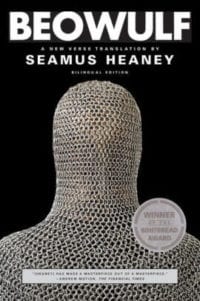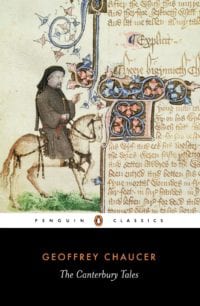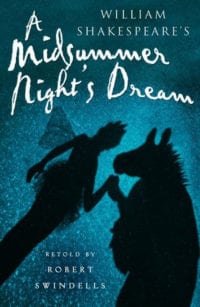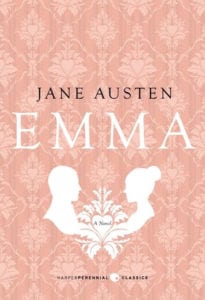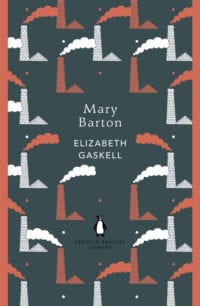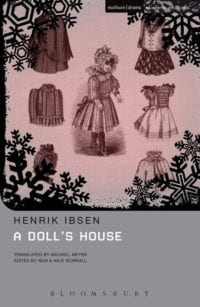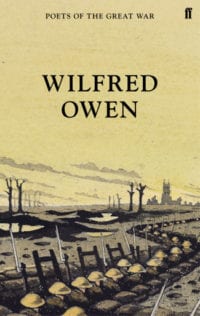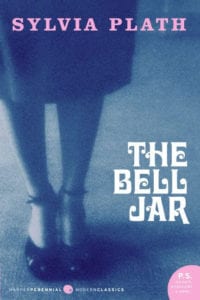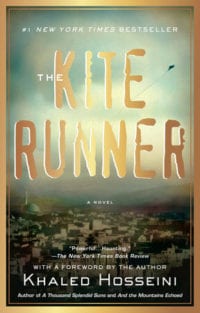If you’re thinking of applying for an English Literature degree, one of the key things you’ll be talking about in your personal statement is the books you’ve read. While it’s good to discuss the books you’ve studied in class, it’s even more important to show that you’re enthusiastic and keen to take initiative by reading around the subject.
First and foremost you should try to follow your interests. If there’s a particular author whose work you admire, try and find out whether they’ve written anything else – for example, if you enjoyed Thomas Hardy’s Tess of the D’Urbervilles, you could read Far from the Madding Crowd or a selection of Hardy’s poetry. If you’re more interested in the themes the author tackles, look for books which have similar subject matter – if, for example, you liked Virginia Woolf’s presentation of women and mental illness in Mrs Dalloway, you could go on to read Charlotte Perkins Gilman’s The Yellow Wallpaper. Obviously, you don’t have to just stick to the sorts of books you’d cover in class, but it’s always good to read a few, as the ‘classics’ had a huge influence on later writers.
Another thing to take into account when reading for an English degree is the breadth of literature you’re covering. Tutors will be impressed if you’re ambitious so it’s good to show that you’ve read a mixture of poetry, prose and drama. They also like it if you can demonstrate that you’ve read books from the nineteenth century and earlier, as this proves that you’re really willing to stretch yourself. Getting used to old-fashioned language at this stage is always a bonus – studying older books later as part of your degree will feel like a breeze!
For students looking to deepen their literary knowledge and enhance their application, our Oxford Summer Courses offer unique academic experiences that immerse you in the study of English literature. Our courses not only provide a structured approach to exploring a broad spectrum of literary works but also offer the unique opportunity to experience the academic rigour akin to studying at Oxford. This can be a significant advantage, offering insights and experiences that strengthen your personal statement and prepare you for the demands of a university degree in English Literature.
Still unsure about beginning your own reading list? Here are some of the best books for English literature students.
This epic poem was originally written in Old English (a language which you may have the option to study as part of your university course) but Seamus Heaney has written an up-to-date translation. Full of feasts, gory battles, warriors and monsters, it’s one of the original inspirations for the Lord of the Rings trilogy.
2. The Canterbury Tales (c. 1387-1400) – Geoffrey Chaucer
The Canterbury Tales is a collection of stories in verse told by a fictional group of pilgrims on their way to Canterbury Cathedral – you can dip in and out of as many or as few as you like. Chaucer was the original master of the unreliable narrator: The Canterbury Tales is as much about the pilgrims’ personalities as it is about the stories they tell. From the risqué ‘Miller’s Tale’ to the pious ‘Tale of Melibee’, there is something for everyone here.
3. A Midsummer Night’s Dream (c. 1595-6) – William Shakespeare
Shakespeare is a must-read for any English student! A Midsummer Night’s Dream is a more unusual choice than Hamlet or Macbeth, and more to the point it’s one of his shortest and most accessible works.
It’s easy to be charmed by the luscious language and wacky plot, which follows the interactions of reckless lovers, mischievous fairies and pompous actors in a forest just outside Athens. If you enjoy it, you can compare your initial impressions of the text to one of the many adaptations on stage or screen.
4. Emma (1815) – Jane Austen
Though Emma is less famous than Pride and Prejudice, many critics believe it’s Jane Austen’s best work. You might be familiar with the plot from the Gwyneth Paltrow movie adaptation or the 1995 film Clueless: it’s about the ‘handsome, clever, and rich’ Emma Woodhouse who decides to play matchmaker for her friends, though she’s convinced she’ll never get married herself.
The novel is clever, funny, romantic and readable – a perfect starting point for anyone looking to read Jane Austen for the first time.
5. Mary Barton (1848) – Elizabeth Gaskell
It’s not as well-known as Gaskell’s other great work, North and South, but Mary Barton is still a brilliant, exciting (and relatively short) Victorian novel.
It’s a book with a huge social conscience, which confronts the reader with the challenges faced by the working classes of nineteenth-century industrial Manchester. There are deaths, disappearances, sea journeys and false accusations, as well as a romantic central love story.
6. A Doll’s House (1879) – Henrik Ibsen
Henrik Ibsen was a Norwegian playwright whose works caused a stir across Europe. Though not all English courses require you to study literature in translation, it can be good to show that you have an appreciation of it nevertheless.
A Doll’s House tells the story of Nora Helmer, a housewife who feels trapped in her marriage to the manipulative Torvald. If you enjoy it, you can go on to read Ibsen’s disturbing follow-up, Ghosts.
7. Selected Poems (c. 1917-8) – Wilfred Owen
Wilfred Owen is considered by many critics to be the greatest poet of the First World War and his work still resonates today. It’s now over a hundred years since ‘the war to end all wars’, but Owen’s poetry still feels very relevant, resonant and modern. If you’re not sure where to begin, some of his best-regarded poems include ‘Disabled’, ‘Dulce et Decorum Est’ and ‘Anthem for Doomed Youth’.
8. The Bell Jar (1963) – Sylvia Plath
Though published over fifty years ago, this semi-autobiographical novel is still incredibly relevant today thanks to its frank depictions of mental illness and life as a woman in a restrictive society. Simply but effectively written, it tells the story of a young woman, Esther Greenwood, who suffers a breakdown while on an internship in New York and is forced to work out what she really wants from life.
9. The World’s Wife (1999) – Carol Ann Duffy
Sometimes sad, sometimes funny, and always highly readable, this poetry collection plays with our preconceptions of famous women from literature. Highlights include ‘Little Red-Cap’, ‘Anne Hathaway’, ‘Mrs Darwin’ and ‘Pygmalion’s Bride’.
10. The Kite Runner (2003) – Khaled Hosseini
The Kite Runner is an example of postcolonial literature; it’s a novel which deals with the devastating legacy left by empire. It tells a gut-wrenchingly powerful story from the perspective of an Afghan boy, Amir, who flees the country during the Soviet military intervention but must eventually return to seek redemption.
Tips for How to Start Reading English Literature
If none of the above tickles your fancy, don’t be disheartened! An English degree is about following your own literary interests. And reading lists are essentially just suggestions which help you to work out what those are. Here are four tips to kickstart your journey into English literature:
1. Explore your interests
Let your curiosity lead the way. If something catches your eye, whether it’s an author, a literary period, or a specific theme, pursue it further.
2. Broaden your reading list
Variety is key. Try different genres, time periods, and authors to get a well-rounded experience of English literature.
3. Take the initiative
Challenge yourself with texts that might seem daunting at first. This will not only improve your reading skills but also broaden your understanding.
4. Improve your writing skills
Consider opportunities like attending our Oxford Summer School to see how literature is studied at a higher level and to refine your own writing abilities.
Further Reading for Future English Majors
- Explore an example English Literature undergrad reading list here
- Check this list of the best 100 novels written in English, by the Guardian. How many have you read?
- Find out what other budding English students are reading in the Reading Bank
- Read our blog post on Classic Books Everyone Should Read
Looking to develop your own writing skills, or prepare to apply for an English degree?
Have a look at our Oxford Creative Writing Course – a two-week course offered both online and in-person, and the perfect place to hone your writing skills!
